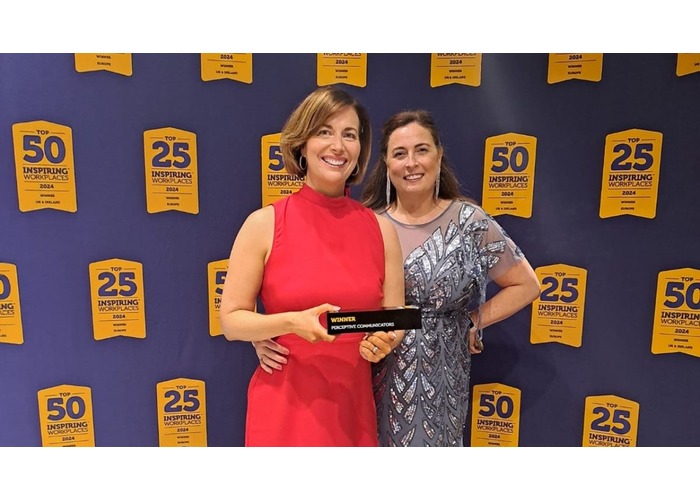NAMI Surgical, which is aiming to transform the robotic-assisted surgery market with a breakthrough ultrasonic platform, has secured £3.2 million of investment and grant funding. St Andrews-based impact investment firm Eos Advisory (Eos) led the seed £2.5 million round alongside the Investment Fund for Scotland, which is managed by UK private equity firm Maven and delivered by British Business Bank, Scottish Enterprise, and SIS Ventures, while the company was separately awarded a £700,000 grant from Innovate UK, the United Kingdom’s national innovation agency.
Nami Surgical develops miniaturised ultrasonic medical devices for surgical applications, and supports medical device companies to deliver innovation in ultrasonic surgery. In a groundbreaking development, Nami has introduced a high-performance, miniaturised ultrasonic scalpel, overcoming significant barriers in robotic-assisted surgery. Traditionally favoured in laparoscopic procedures, ultrasonic scalpels have been too large for effective use in robotic surgery until now.
Robotic surgeries, characterised by enhancing surgical precision and dexterity, significantly reduce patient trauma, post-operative pain, and recovery times, leading to shorter hospital stays. As robotic surgery becomes the standard for various procedures, its global market is set to quadruple, reaching approximately $36 billion by 2032. With Nami’s pioneering technology, the integration of ultrasonic scalpels in robotic surgeries sets a new benchmark in surgical care, promising improved outcomes for patients worldwide.
Nami Surgical’s CEO and Co-founder Nico Fenu said: “Robot-assisted surgery has become increasingly popular in recent years and is now widely used in various surgical procedures including urology, gynaecology, and colorectal. We have pilot programmes running with healthcare and medical device groups worldwide, including in the United States, and we now look forward to the commercialisation phase with the support of our new investors.”
Anne Muir, Director of Portfolio at Eos, said: “Nami Surgical has created the next generation device for robotic assisted surgery with the aim of drastically improving patient outcomes, allowing surgeons to perform faster and safer procedures. Eos has been working with Nami over the last year, and we are now continuing our commitment by investing to help accelerate a significant market opportunity.”
Nami Surgical is a 2022 spinout from the University of Glasgow’s world-renowned Centre for Medical and Industrial Ultrasonics. Nico Fenu added: “Medical ultrasound was first demonstrated in Glasgow in the 1950s and this led to the first ultrasound device going into service in 1965, so we’re proud to be a pioneering ultrasound startup developing technology that will enable a global market to innovate, and to be doing that from a base in Scotland.”
Mel Anderson, Head of IP and Commercialisation, at the University of Glasgow, said: “This funding round is a great achievement by the Nami team led by Nico Fenu. The company is commercialising innovation that will have a significant impact in the surgical field and ultimately benefit many patients worldwide. Nami is one of a growing number of spin-out ventures commercialising innovations arising from university research.”
The company was co-founded by CTO Dr Rebecca Cleary and is chaired by experienced life science and medtech NXD Albert Nicholl. Albert Nicholl said: “We have a huge opportunity ahead of us, and a fast route to market with the first product from the platform.”
Looking ahead to the rest of the year and 2025, Nico Fenu added: “We are excited about our move to a new headquarters that will include a cutting-edge R&D prototyping lab, particularly as we expand our technical team with up to ten new members. Our overall goal has always been to push the limits of miniaturisation in ultrasonic surgery, and along these lines we have a product pipeline that includes ultrasonic scalpels designed for robotic-assisted surgery, smart ultrasonic generators, and hand-held ultrasonic scalpels tailored for laparoscopic procedures.”
“We are committed to close collaboration with clinicians and companies in the industry to translate their needs into novel devices that not only improve patient outcomes, but also drive ultrasonic surgery to the next level. It’s an exciting time for us, and we are just getting started.”





